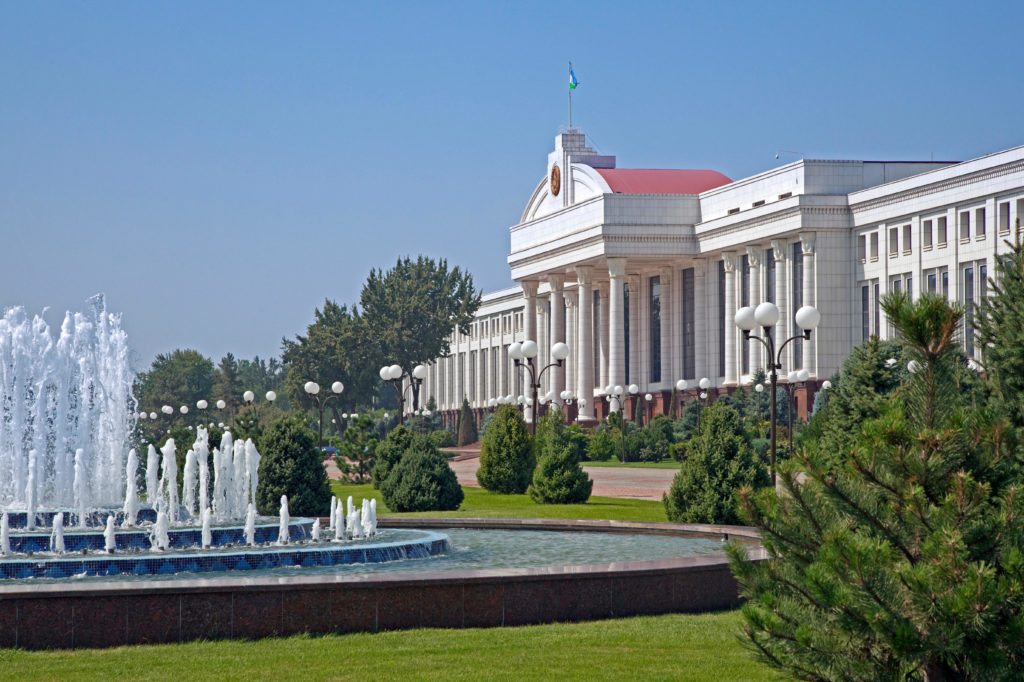TASHKENT
Uzbekistan is planning to take drastic action to eradicate corruption in state and public bodies by banning state employees from owning assets abroad, making their income and property declarations compulsory and restricting people who have been convicted of graft from holding positions in public organisations.
The Justice Ministry published a new draft presidential decree for public discussion proposing creating an open electronic register of persons convicted on corruption charges and introducing a system of compulsory declaration of income and property for civil servants and their family members from January 1, 2022.
For the Central Asian nation of 35 million, corruption remains a deeply rooted problem. Uzbekistan ranked 146 out of 180 countries and territories in the 2020 Corruption Perceptions Index (CPI) by Transparency International, well below its neighbour and closes trade partner Kazakhstan, which ranked 94.
The draft document suggests creating an environment in which corruption is no longer tolerated in society, drastically reducing opportunities for corruption in state and public administration and increasing public participation in fighting against graft.
The anti-corruption measures are the latest step by Uzbekistan’s government to reform its economy and attract foreign investors after decades of economic isolation. Since long-term leader Islam Karimov’s death in 2016, his successor Shavkat Mirziyoyev has pushed through an ambitious reform plan, centred around creating an environment that attracts foreign investors.
The country’s Anti-Corruption Agency will create and maintain an open electronic register of persons convicted of corruption crimes. They will be banned from holding positions in public organisations and executive positions in organisations in which the state holds more than a 50 percent share and in state educational institutions.
Individuals convicted of corruption and the companies they represent will be barred from participating in public procurement and public-private partnerships, as well as in tenders and auctions related to the privatisation of state property.
The register will include persons who have committed corruption offences after this new law comes into force.
The draft law also calls for banning civil servants to open or own accounts, keeping cash, owning real estate and other property outside the country.
The state bodies will also develop and submit to the government draft law on the regulation of conflict of interests in the areas of public procurement, tax benefits, land allocation, privatisation of state assets by January 1, 2022.
Last year, Uzbekistan created an agency to combat corruption and announced it would pay its citizens between $65 and $544 in reward money if they report corruption offences.

